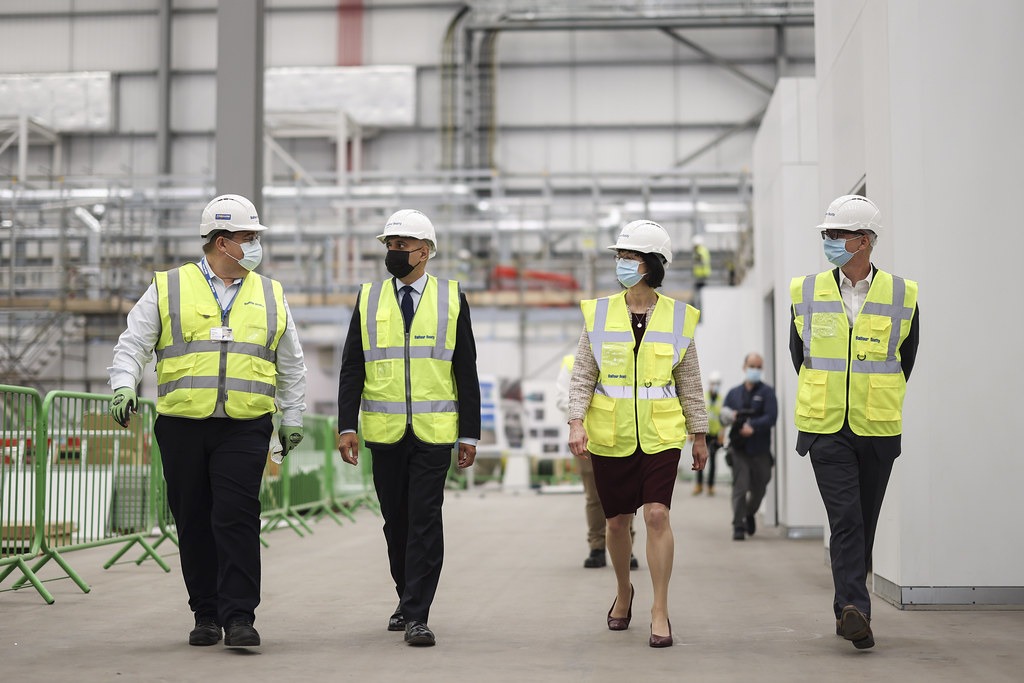Hundreds of jobs to go at Leamington Covid ‘mega lab’
The United Kingdom Health Security Agency (UKHSA) has announced plans to downsize a Leamington Spa Covid ‘mega lab’ leaving hundreds of locals unemployed.
The first and largest Covid ‘mega lab’ in the country, Rosalind Franklin Lab was described as playing “an indispensable role in responding to new variants of concern and future disease threats” and being “one of the centrepieces of UK’s future test and trace infrastructure”. In fact, then-health secretary Matt Hancock claimed it “[confirmed] the UK as a world leader in diagnostics”. Indeed, as a state-of-the-art facility, equipped with cutting-edge technology, processing circa 8.5 million tests since June 2021, it lived up to these claims.
Creating 1,500 jobs, with more than half the staff coming from “within a 30-mile radius”, including management, cleaning and technical services positions, it greatly benefitted the local economy. Its proximity to local universities allowed for students, including numerous University of Warwick research students to work in the laboratory and receive professional training. The university worked closely with the facility, providing it with “considerable world class science led support, advice and assistance”, according to Pro-Vice Chancellor Professor Mike Shipman.
“The future of the lab is still uncertain, with some suggesting it could now be used by the pharmaceutical industry.”
Due to vaccinations and lateral flow tests, however, the demand for PCR tests has rapidly decreased, resulting in the shutdown of one of three of the labs on January 17th. Around 650 employees were laid off, with perhaps quite significant repercussions on the local economy. The local authority, nevertheless, says it is helping staff find new jobs.
Warwick and Leamington Spa MP Matt Western has declared his support for the “long suffering staff”, stating he wants answers on controversies surrounding the facility. For instance, it costing £1bn – almost twice the original budget of £588m, as well as management issues, such as the cancelling of a “promised retention bonus”, just weeks before it was due.
The future of the lab is still uncertain, with some suggesting it could now be used by the pharmaceutical industry. Major layoffs are difficult under any circumstances, but as Western highlights, it is particularly hard “as we face this cost-of-living crisis”.

Comments